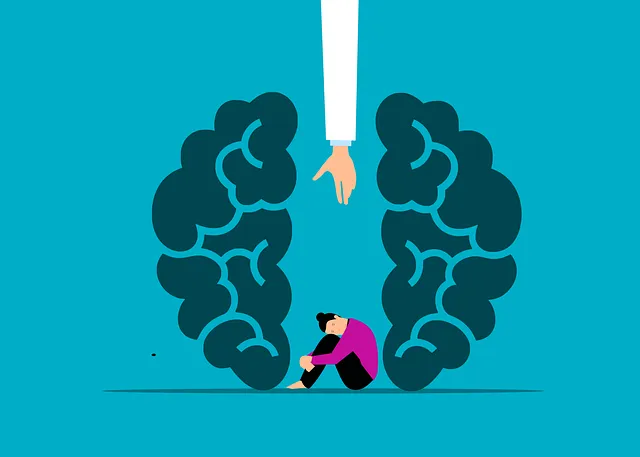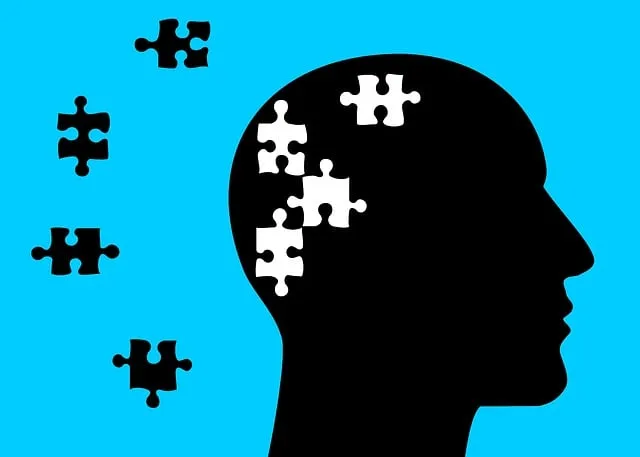Lakewood Kaiser's mental health programs offer specialized Social Skills Training, incorporating self-awareness, resilience building, and tailored activities to enhance communication, listening, and conflict resolution. Through structured sessions in a supportive environment, clients gain confidence, learn from peers, and effectively manage conditions in social contexts, fostering belonging and overall well-being. Group interactions prioritize cultural sensitivity and risk assessment, providing a safe space for skill development under professional supervision.
Social skills training is a powerful tool in supporting individuals with mental health conditions, fostering better interactions and overall well-being. This comprehensive guide explores how structured programs, like those offered by Lakewood Kaiser mental health programs, can make a significant difference. We delve into the benefits of group interactions, providing practical strategies for enhancing social abilities and navigating challenges. Understanding these techniques is key to improving quality of life for those managing mental health issues.
- Understanding Social Skills Training for Mental Health
- Lakewood Kaiser Programs: A Comprehensive Approach
- Enhancing Well-being Through Group Interactions
Understanding Social Skills Training for Mental Health

Social Skills Training for Mental Health conditions is a specialized program designed to help individuals navigate and improve their interactions with others. This type of training is crucial for those facing challenges in social settings, often due to mental health issues. At Lakewood Kaiser, their mental health programs incorporate these skills into therapeutic frameworks, aiming to enhance participants’ ability to connect, communicate, and build healthy relationships.
The process involves learning and practicing various techniques, including self-awareness exercises and resilience building. These activities are tailored to individual needs, focusing on improving social cues, active listening, and conflict resolution skills. Through structured sessions, clients gain confidence in their interactions, fostering a sense of belonging and support. The mental health education programs designed by Lakewood Kaiser are transformative, empowering individuals to manage their conditions more effectively within social contexts.
Lakewood Kaiser Programs: A Comprehensive Approach

Lakewood Kaiser mental health programs take a comprehensive approach to addressing social skills training for individuals with various mental health conditions. These programs are designed to teach effective communication strategies, enhancing social interactions and promoting anxiety relief. Through a multi-faceted curriculum, participants gain valuable mental health education that empowers them to navigate social situations with confidence. The program’s unique design fosters a supportive environment where individuals can learn from one another, cultivating empathy and understanding.
By combining evidence-based practices with a holistic perspective, Lakewood Kaiser offers a transformative experience tailored to meet the diverse needs of its clients. The focus on communication strategies empowers participants to express themselves authentically, fostering meaningful connections in their personal and professional lives. These programs are more than just workshops; they are pathways to improved mental well-being and enhanced social engagement, ultimately leading to a better quality of life for those struggling with anxiety or other mental health challenges.
Enhancing Well-being Through Group Interactions

Group interactions play a pivotal role in enhancing well-being among individuals with mental health conditions. At Lakewood Kaiser mental health programs, we understand that social skills training within a group setting fosters a supportive environment, encouraging participants to build confidence and improve their interpersonal connections. Through structured activities and discussions, individuals learn effective communication strategies, emotional regulation techniques, and conflict resolution methods tailored to their unique needs. This collaborative approach not only enhances mental wellness coaching programs development but also promotes cultural sensitivity in mental healthcare practice, ensuring that diverse perspectives are respected and integrated into the healing process.
Moreover, group interactions offer a safe space for practicing newly acquired skills under professional supervision. Our mental health professionals conduct thorough risk assessments for each participant, ensuring the safety of all individuals involved. This proactive measure is crucial in mitigating potential risks associated with intense emotional disclosures or interpersonal dynamics. By prioritizing cultural sensitivity and comprehensive risk assessment for mental health professionals, we create an inclusive environment where everyone can benefit from the transformative power of group interactions, ultimately contributing to improved overall mental wellness.
Social skills training plays a pivotal role in enhancing the well-being of individuals with mental health conditions. As highlighted by the comprehensive Lakewood Kaiser mental health programs, this approach fosters meaningful group interactions that support personal growth and improve social functioning. By understanding the significance of these programs, we can better navigate the journey towards recovery and build stronger, more connected communities.






